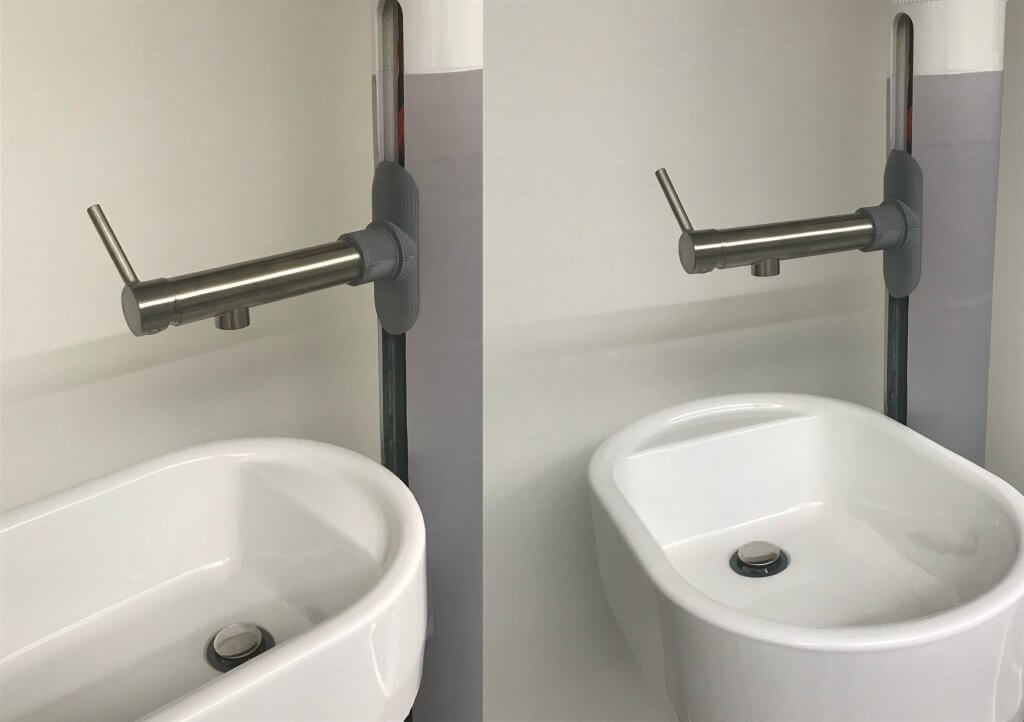This long-term ongoing study explores the cultural, age and gender issues related to rituals of washing and grooming. The underpinning research informs pragmatic design outcomes that support ageing in place through adaptable solutions that respond to changing needs throughout life course. Our work aligns with the Chief Medical Officers Report, Health in an Ageing Society (2023) and the governments Retro-fit home scheme.
Funded by: Research England, Engineering and Physical Sciences Research Council (EPSRC), Ideal Standard
Partners: British Council, Vitra and Istanbul Technical University
Team: Paul Chamberlain, Heath Reed, Maria Burton and Andy Stanton
Our research has involved creative interventions to engage diverse international communities to develop insight and understanding into a personal and often ‘taboo topic’ of conversation related to personal washing and toileting. Older community researchers were recruited to the Lab4Living team and following research training undertook home visits to meet, observe and interview other older people to seek insight into their bathroom activities.

Novel design IP has emerged from the project that is currently being developed for commercialisation.
The work has been funded by EPSRC, British Council, Research England. It has involved the collaboration of Ideal Standard, Vitra, The Bathroom Manufacturers Association. Outcomes have been endorsed by Age UK and our work with Vitra awarded Most Innovative Design’ in 2017 by the Over 50s Housing Association, UK. The work has been cited in Parliamentary reports and by the NIHR Dissemination Centre Themed Review ‘Help at Home’. The project was presented at Retro-fit meets Wellbeing at The Building Centre, London 2023.

Outputs
Related research on Sheffield Hallam University’s Research Archive
- Future bathroom: A study of user-centred design principles affecting usability, safety and satisfaction in bathrooms for people living with disabilities
- ‘Future Bathroom’, What to make? Or How to Make? Challenges in meeting sustainable needs.
- Inclusive bathroom design as we age
- Age-related disability and bathroom use
- Vitra Inclusive Bathroom Design Book
 to top
to top
